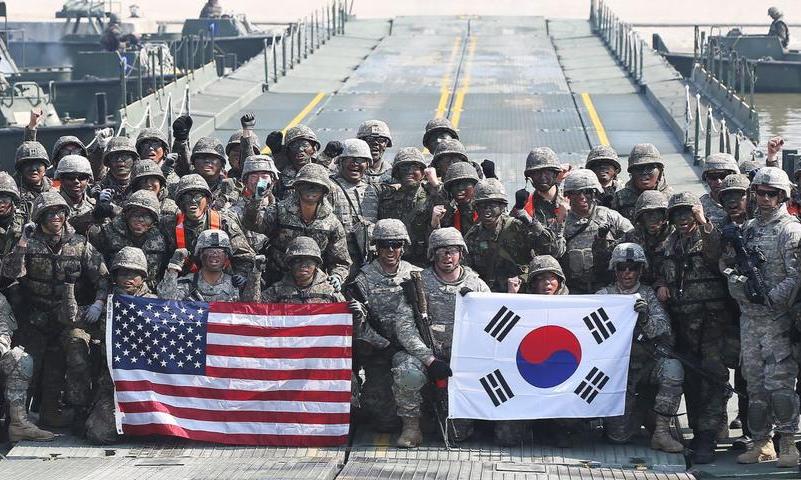
Kent Harrington, Former senior CIA analyst, National Intelligence Officer for East Asia
Jun 23, 2017
US President Donald Trump’s signature Asia policy – his pledge to stop North Korea’s development of nuclear weapons – should be a clear-cut example of American military resolve. Unfortunately for the region, it has proved to be anything but that.
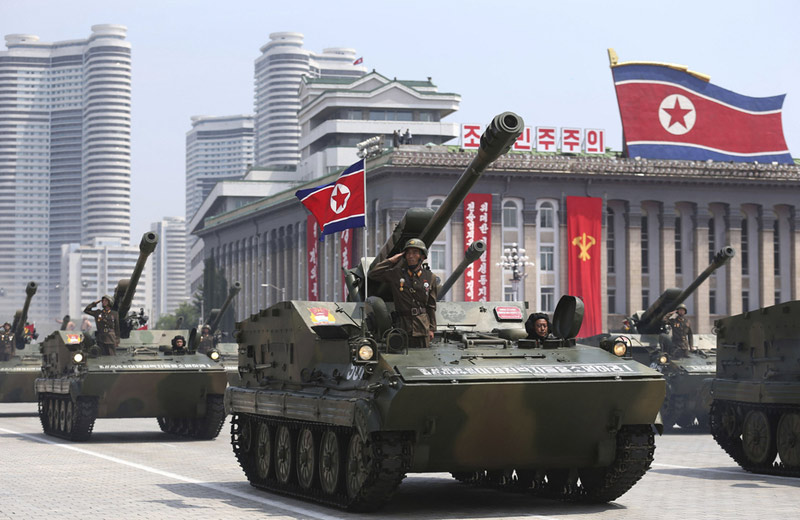
Wu Sike, Member on Foreign Affairs Committee, CPPCC
Jun 22, 2017
The two Koreas and other relevant parties should focus their concern on peninsular, Asian and global peace and return to the negotiation table to create a new peace regime on “dual tracks”. This will help the peninsula, Northeast Asia and the whole Asian region realize permanent stability and peaceful development.
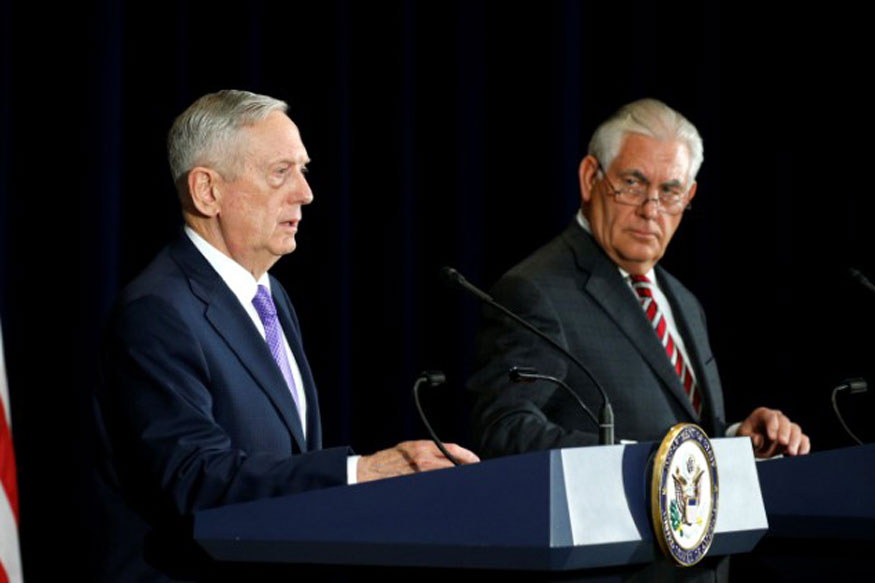
Jun 22, 2017
Tillerson and Mattis hold press availability to discuss the inaugural U.S.-China Diplomatic and Security Dialogue in Washington D.C. on June 21.
Jun 20, 2017
State Dept's Susan Thornton previews the upcoming U.S.-China Diplomatic and Security Dialogue.

Zhao Weibin, Researcher, PLA Academy of Military Science
Jun 20, 2017
While the annual US Defense Department report interestingly reflects some strong domestic resistance against military exchanges between the two countries, it is mostly a rehash of previous reports, seemingly put together in a hurry by an over-tasked Pentagon.

Li Zheng, Assistant Research Processor, China Institutes of Contemporary International Relations
Jun 20, 2017
Both countries must put the common security threat ahead of developing their own cyberweapons — further strengthening cooperation on cyberthreat information sharing, giving full play to the technological advantages of each country’s enterprises in such collaboration to reduce mutual suspicion and misunderstanding.
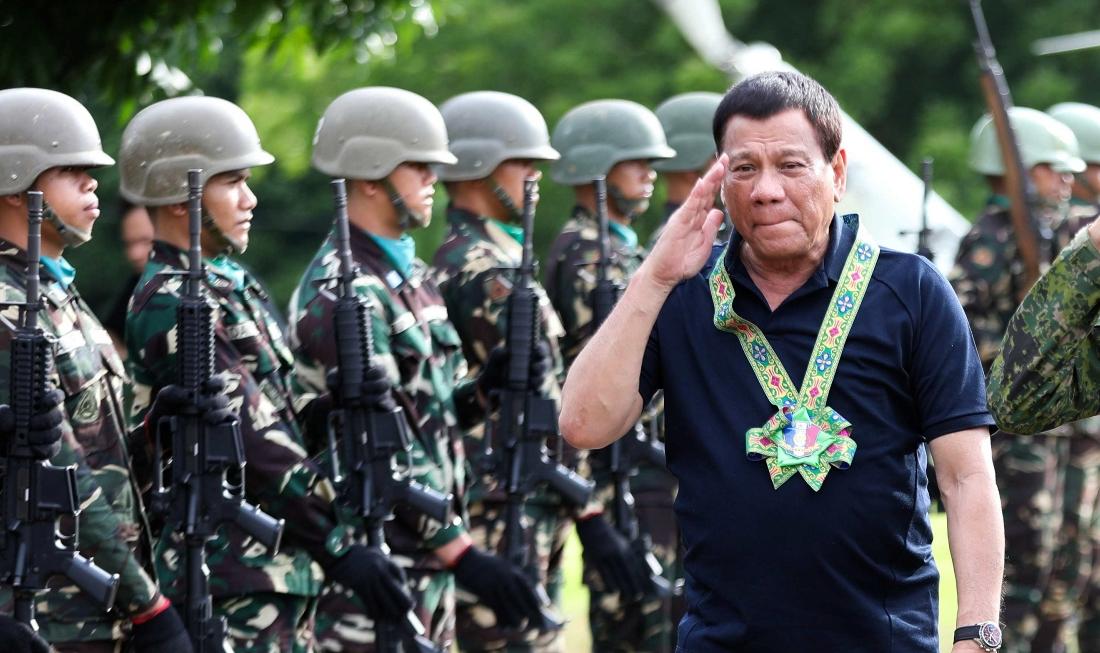
Richard Javad Heydarian, Professorial Chairholder in Geopolitics, Polytechnic University of the Philippines
Jun 19, 2017
Philippine President’s Rodrigo Duterte’s trip to China and Russia in half month, try to reduce the Southeast Asian country’s historical dependence on the United States. All of a sudden, however, the imperative of counterterrorism has brought the Duterte administration and its old allies, particularly Washington, back together.
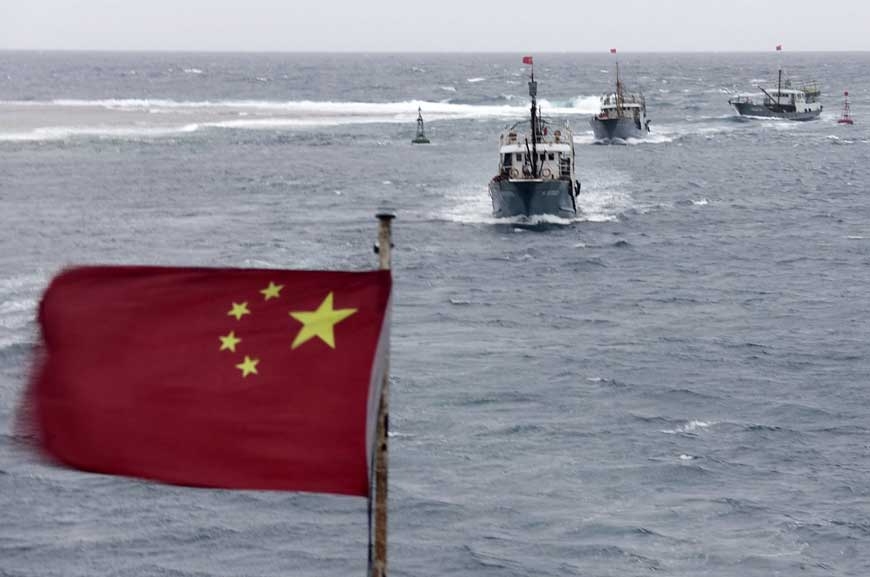
Zhang Shu, Assistant Research Fellow, National Institute of South China Sea Studies of China
Jun 19, 2017
The fruitful Xi-Trump meeting at Mar-a-Lago and the Mattis speech at the Shangri-la Dialogue give us reason to believe that “freedom of navigation” may not be the totality of the US’ South China Sea policy or that of its Asia-Pacific strategy. China-US relations are still on the track of steady development.
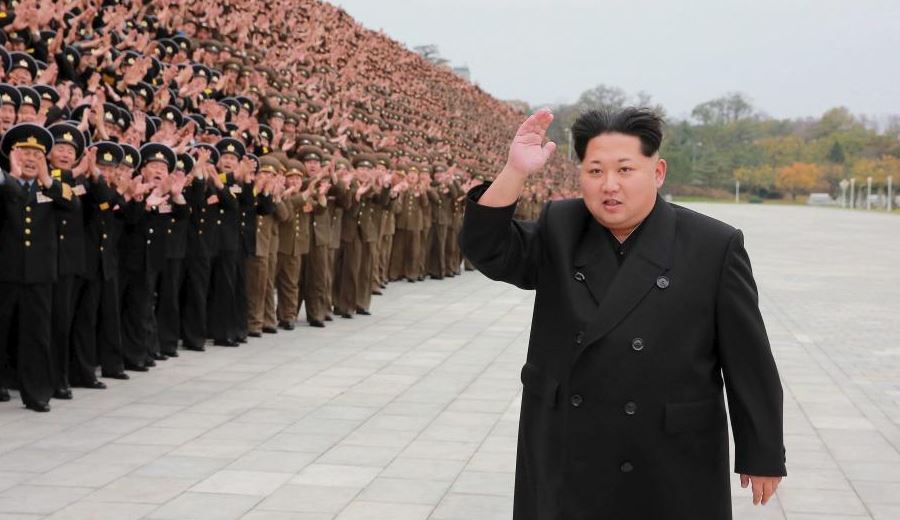
Wang Longlin, PhD Student, Peking University and Cornell University
Jun 13, 2017
How can China and America address the Korean Peninsula crisis? China needs to convince North Korea to disband its ongoing nuclear program. And both North Korea and the United States must reduce aggression in order to ultimately increase stability.
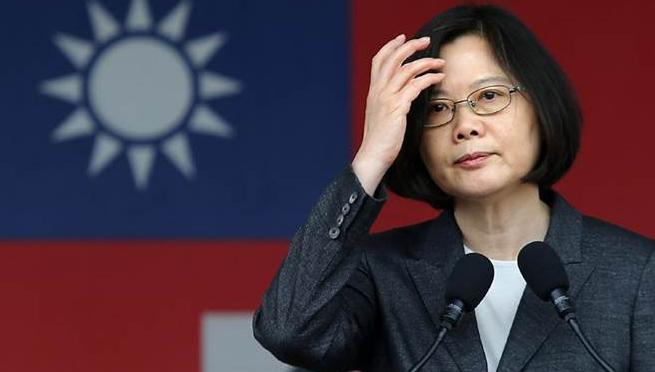
Zhu Songling, Professor, Beijing Union University
Jun 12, 2017
If the DPP continues to create obstacles for cross-straits relations out of its selfish partisan interests, there is ample reason for us to feel concerned about the state of mainland-Taiwan relations in the next three years.
Back to Top

- China-US Focus builds trust and understanding between the U.S. and China through open dialogue among thought leaders.
- Our Offerings
- Topics
- Videos
- Podcasts
- Columnists
- Research Reports
- Focus Digest
- Stay Connected
-
Thanks for signing up!
- Get the latest stories from China-US Focus weekly.